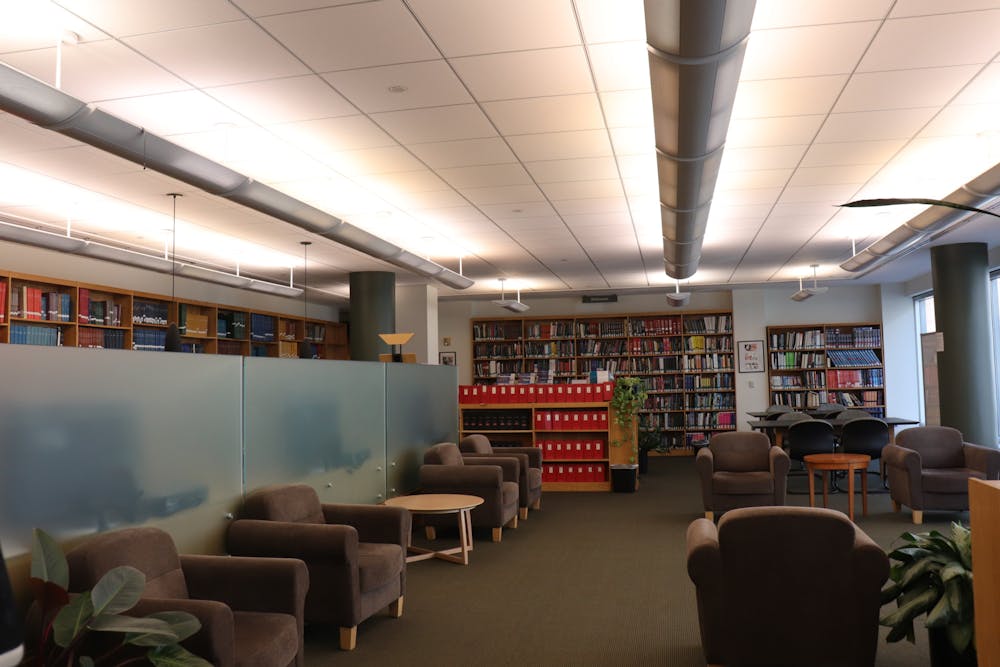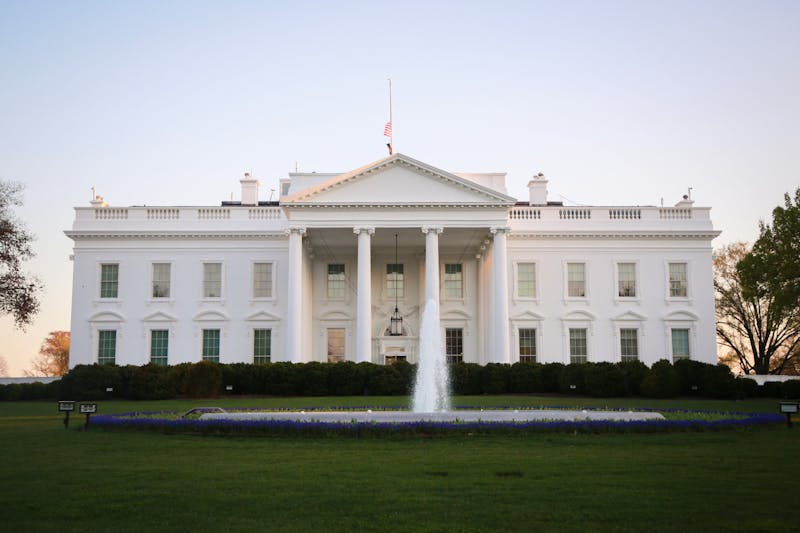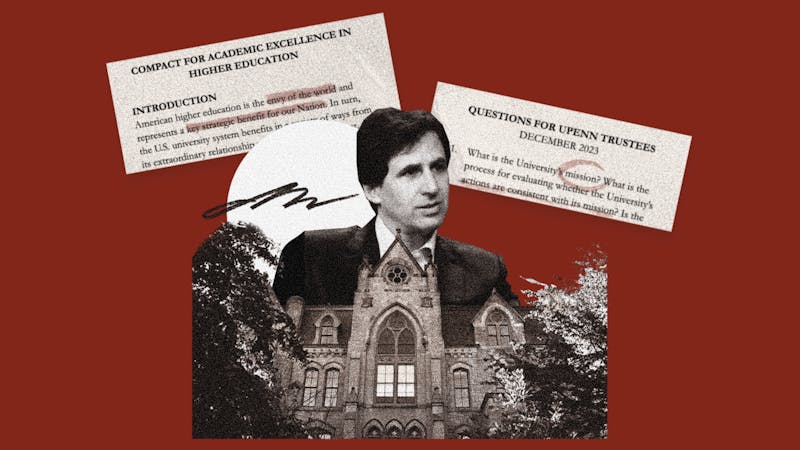
Did you know Penn has a library? Multiple, even. Libraries whose manuscripts span from 1900 BC to the glossy edition of books fresh off the shelves. While our demonstrative and often frivolous campus culture thrives on the art of SABSing in front of Fisher Fine Arts Library or Van Pelt-Dietrich Library, it seems the art of free reading is dying in an academic microcosm where creative pursuits are sidelined in the rush to complete your required reading.
Aphorisms about the power that lies between the pages of a book have been grilled into our generational standards of what constitutes seeking intellect. While the concept of college is contextualized by its offering of freedom to explore intellectual pursuits free of the burden of “real life,” the bubble of college freedom has been popped by academia’s Achilles’ heel and golden child — social media.
Social media has institutionalized our idle time as a feverous dedication to mindlessly scrolling Instagram reels and TikToks, a form of perpetual entertainment from which I am not exempt. We seek to laugh, learn, and find mirrors of ourselves on the iPhone instead of where we used to search for them — the pages that we consume. The progression of reading as a traditional privilege for men, the wealthy, and the elite to campaigns that constitute reading as a human right has been dampened by the overexposure to words on a screen, not the page.
The irony of free reading’s popularity and choice as a main hobby declining as the world’s literacy rate is finally rising at an unseen speed is perhaps the oxymoron of the century. The global literacy rate’s 18% increase since 1979 is offset by the fact that as recently as 2021, 23% of adults did not finish a book within the year. I am almost grateful and happy to avoid updated statistics on this matter, as we continue to observe the ill effects of social media addiction stemming from the COVID-19 pandemic that continues to plague academia for all.
While books aren’t the only pathway to intelligence, reading is attributed to the development of verbal intelligence, a form of intellect that as one of the highest producers of consultants, lawyers, and doctors, Penn should be imploring students to pursue. These highly social jobs require soft interdisciplinary skills where language, cultural awareness, and technical skills are merged as one cohesive view of what intelligence is. If we view intellect through this avenue, then Penn students should be salivating over the thought of free reading as a means to make them better equipped for their future careers. Instead, we feel this pressure to give up free reading to complete our assignments as there is always "something else" to do instead.
This is true: Your to-do list will never fully be complete and it shouldn’t be. You should always be looking to engage and explore new things. But that doesn’t mean that hobbies and creative activities like reading should be sidelined to do what you are required to do. There is always time, what matters is how you choose to use it. Spending your time reading is a worthwhile endeavor and should be prioritized.
Our private lives should be rejuvenated with external intellectual exploration through the form of consuming books. Books are more than just the 7 million that make up the 19 Penn Libraries' digital and physical collections. They are also the children’s books you may read to your younger siblings or the cookbooks that sit dusty in the corner begging to be used. If we change our perception of what constitutes “respectable” literature to be read, we will all be happier.
The common argument is that we need to read more to be smarter, but really, we need to read more to be happier. Our academic enrichment has been reduced to what appears on the Canvas modules section while we disregard the privileged luxury we, as Penn students, have to slow down and embrace artistic resources at our disposal. We run away from silence and reflection as we constantly seek to take advantage of the next opportunity for career advancement. In this effort, we tend to forget that the biggest way to develop our skills for our careers is by developing who we are as individuals, much of which is informed by the spaces we occupy and engage with.
If you exclusively spend all your time doing school assignments, you are missing out on the true freedom that college affords us: the freedom to do and be whoever we want within the confines of these walls. College offers us the unique opportunity to explore beyond academic pursuits, but neglecting our passions is enforcing an unnecessary limitation on what the college experience provides. Read more, just not your textbooks.
TIYYA GEIGER is a College first year studying political science from Lancaster, Pa. Her email address is tiyyag@sas.upenn.edu.
The Daily Pennsylvanian is an independent, student-run newspaper. Please consider making a donation to support the coverage that shapes the University. Your generosity ensures a future of strong journalism at Penn.
Donate






